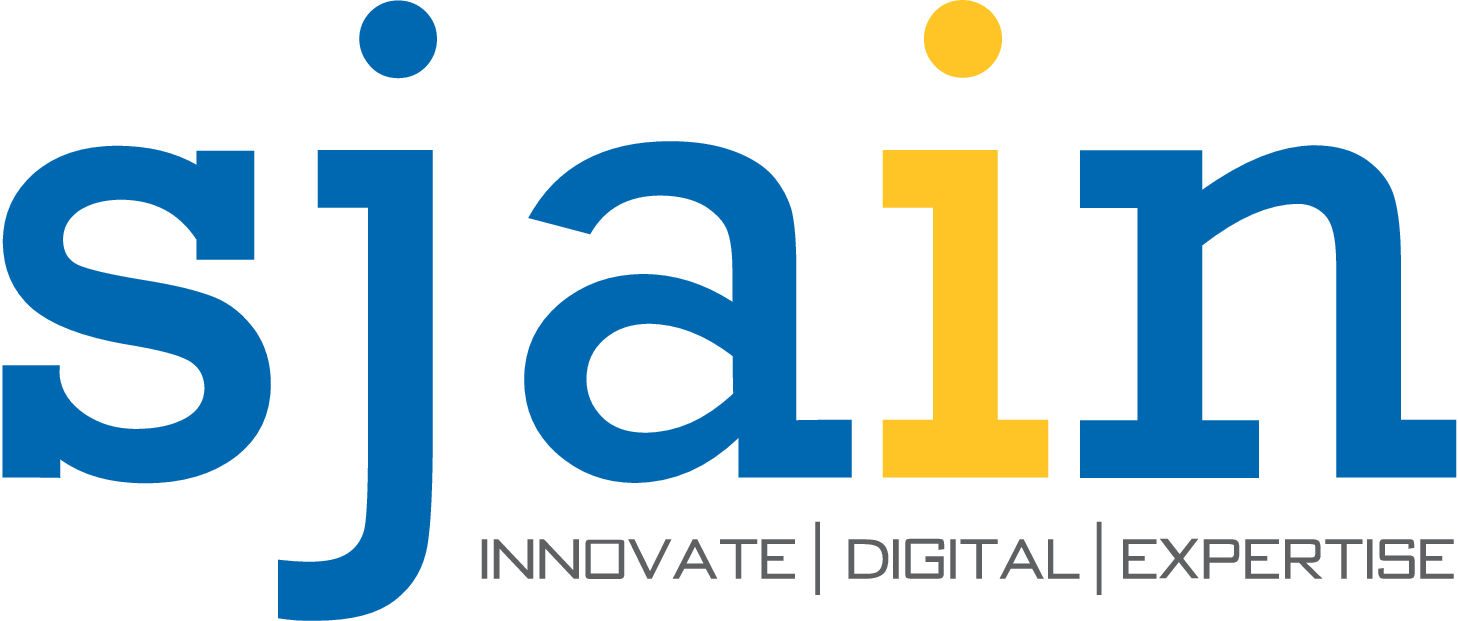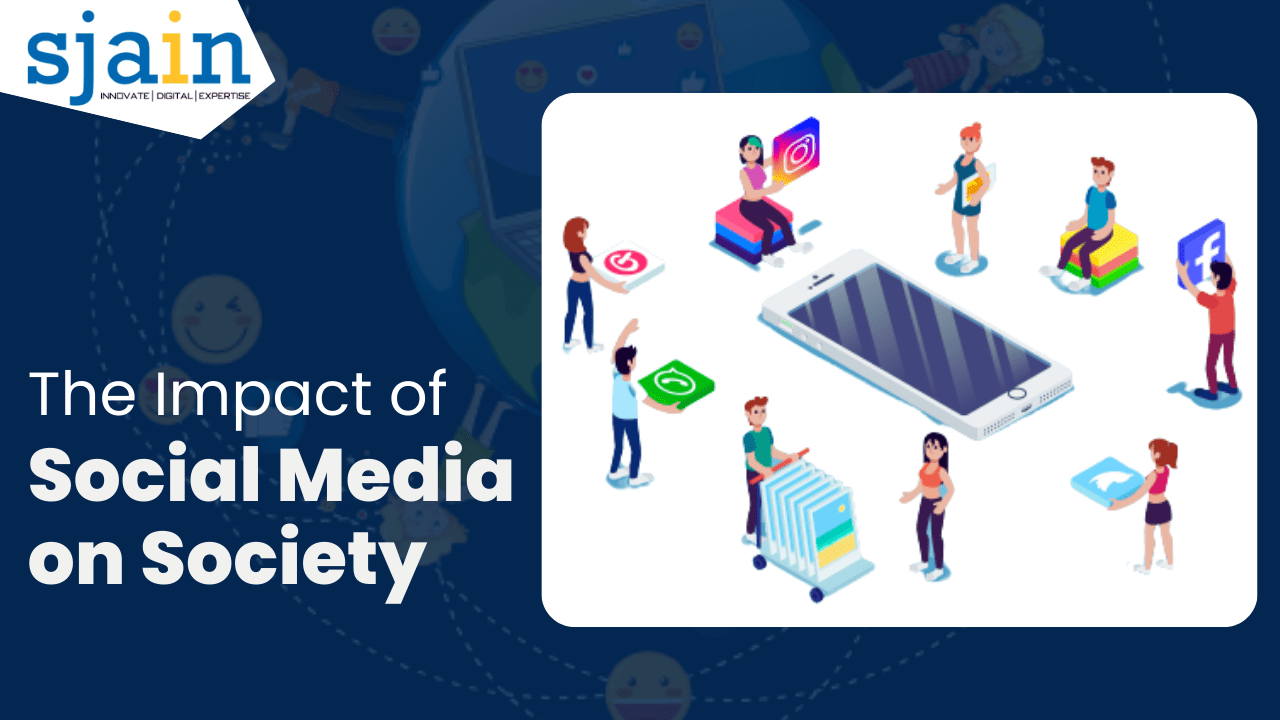The Impact of Social Media on Society
Social media is now an essential component of our daily lives in the digital era. It has revolutionized the way we connect, communicate, and consume information. In this article, we will delve into the extensive impact of social media on society, exploring its various facets and shedding light on its profound influence.
1. Social Media’s Role in Communication
Social media platforms have transformed the way we communicate with one another. They have facilitated instant communication, breaking down geographical barriers and enabling real-time interactions. Individuals can utilise social media to interact with relatives, close friends, and strangers all around the world, generating a sense of togetherness and connectivity.
2. Information Dissemination and News Consumption
The introduction of social media has transformed the way that we consume information and news. Platforms such as Twitter and Facebook give consumers real-time updates, allowing them to keep up to speed on current events and trends. The ease of sharing content has empowered individuals to become active participants in news dissemination, amplifying their voices and promoting citizen journalism.
3. Social Media’s Impact on Personal Relationships
Social media platforms have reshaped personal relationships, both positively and negatively. On one hand, they provide a platform for individuals to maintain connections with loved ones, irrespective of physical distance. It allows for sharing life moments, photos, and experiences, bridging gaps and strengthening bonds.
Excessive reliance on social media, on the other hand, can lead to social exclusion and a sense of loneliness. The curated nature of online personas may lead to feelings of inadequacy and comparison, affecting self-esteem and mental well-being.
4. Social Media’s Influence on Business and Marketing
The rise of social media has disrupted traditional marketing strategies, offering businesses new avenues to reach their target audience. Platforms like Instagram and LinkedIn have become powerful marketing tools, allowing companies to showcase their products or services and engage with potential customers directly.
Additionally, social media has given rise to the phenomenon of social influencers. These individuals, with their large followings, have become influential in shaping consumer behavior and driving brand awareness.
5. Social Media and Politics
Social media has had a profound impact on politics, transforming the way political campaigns are conducted and shaping public opinion. Platforms like Twitter and Facebook have become battlegrounds for political debates, with politicians utilizing these channels to connect with their constituents and share their views.
However, the spread of misinformation and the rise of echo chambers are also concerns associated with social media’s influence on politics. The algorithms powering these platforms tend to prioritize content based on users’ preferences, potentially reinforcing existing biases and polarizing communities.
6. Social Media and Mental Health
The impact of social media on mental health has been a topic of significant concern. Excessive social media use, according to research, can contribute to emotions of worry, despair, and low self-esteem. The constant exposure to carefully curated, idealized representations of others’ lives can lead to negative self-comparisons and a distorted perception of reality.
Conclusion
Social media has undoubtedly reshaped society in numerous ways, influencing how we communicate, access information, and perceive ourselves and the world around us. Its impact on personal relationships, business, politics, and mental health cannot be overlooked.
While social media has its benefits, it is crucial to use it mindfully and strike a balance between the digital and real world. By understanding its influence and being aware of its potential pitfalls, we can harness the power of social media for positive change and navigate its impact on society more effectively.

